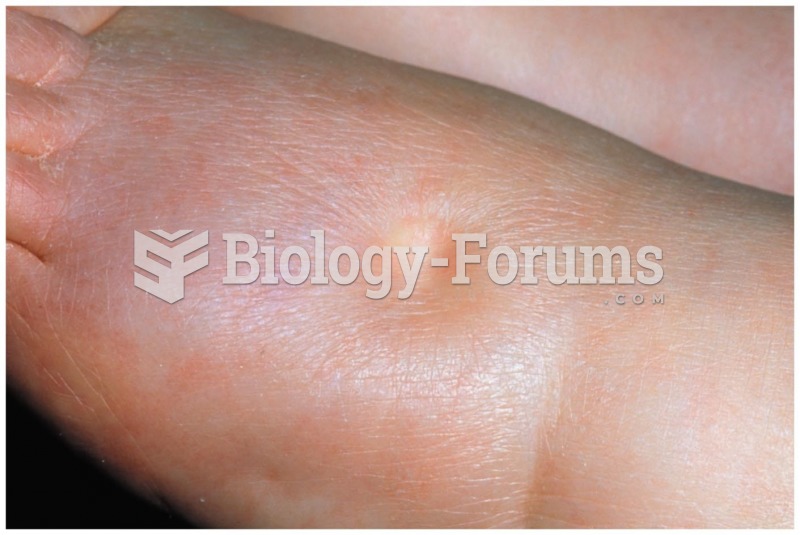Answer to Question 1
Family influences may lead to ADHD symptoms or to a greater severity of symptoms. In some cases, ADHD symptoms may be the result of interfering and insensitive early caregiving practices (Carlson, Jacobvitz, & Sroufe, 1995), especially in children with a specific genetic risk for ADHD (Martel et al., 2011). Thus, parenting practices may interact with the child's genetic makeup to moderate risk for ADHD. In addition, for children at risk for ADHD, family conflict may raise the severity of their hyperactiveimpulsiv e symptoms to a clinical level. Family problems may result from interacting with a child who is impulsive and difficult to manage (Mash & Johnston, 1990). The clearest support for this child-to-parent direction of effect comes from double-blind placebo-controlled drug studies in which children with ADHD who received stimulant medications showed a decrease in their symptoms. Family conflict is likely related to the presence, persistence, or later emergence of associated oppositional and conduct disorder symptoms. In children with an inherited biological risk for ADHD, family conflict may heighten the emergence of early ODD and later comorbid ADHD and CD (Beauchaine et al., 2010). For example, children with ADHD report observing more interparental conflict than do children without ADHD, which may worsen ADHD and related ODD and CD symptoms in those who have a genotype that makes them particularly vulnerable to the effects of the emotional stress and self-blame associated with interparental conflict
Answer to Question 2
Despite their many social problems with peers, some adolescents with ADHD may meet their social needs by maintaining one or two positive close friendships (Glass, Flory, & Hankin, 2012). The social premise for such relationships may differ from those of other teens, possibly with a mutual focus on having fun rather than on seeking emotional support. Positive friendships may buffer the negative outcomes of peer rejection commonly seen in children with ADHD.







